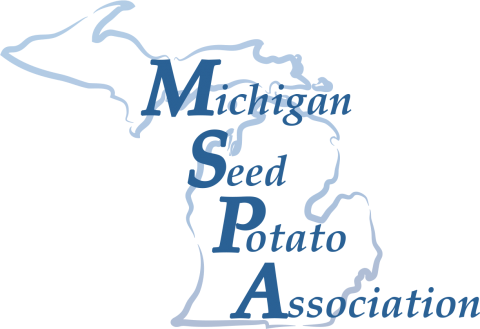
Seed is one of the most important ingredients to the total potato production management program. There is a variation among states as to how seed plots are maintained, however, there has been a trend in the adoption of the limited generation programs. Michigan was one of the leaders in the United States to adopt this scheme when it was initiated in 1964.
The limited generation program in Michigan utilizes the tissue culture system. Within the tissue culture system plants are produced under aseptic conditions, tested for disease, and transplanted in the greenhouse to produce the nuclear class of seed or what is commonly known as mini-tubers. These mini-tubers, under normal field conditions, produce the field year 1 class. The following year, the field year 2 class is produced from the field year 1 class seed. This process continues through the field year 6 class, after which the seed lot is no longer eligible for recertification. Rigid inspections and standards are maintained to help ensure that the best quality seed is made available to the buyer.

